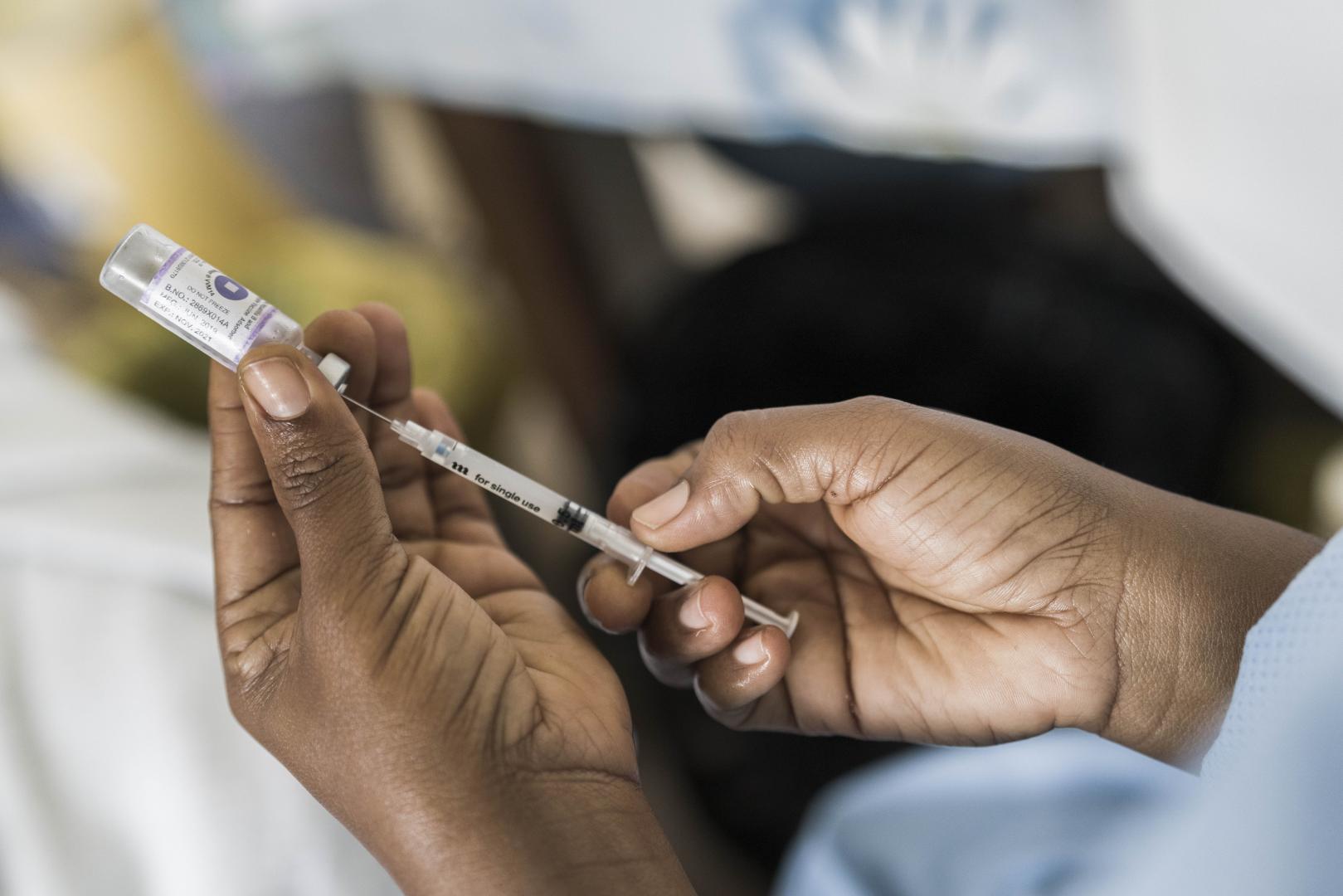Knowing flu jabs can help protect against symptoms resulting from COVID-19 could greatly help the nations who have not been able to compete for vaccines.
A study of 30,774 healthcare workers in Qatar in 2020, during the annual influenza vaccination campaign, showed that those who received their flu vaccination were almost 90% less likely to develop severe symptoms following a COVID-19 infection when compared to those who hadn’t been vaccinated.
The study was conducted during the months September-December before the national roll-out of the COVID-19 vaccines.
Results from this study are in line with previous studies that suggest that “stimulating” the immune system using influenza vaccines (and other vaccines) could help the body defend itself against the COVID-19 virus.
With studies like these, it is often difficult to collect strong evidence on the exact effect of the intervention (the vaccine in this case), as people who are likely to seek vaccinations might be considered more “health conscious”, and so may make other choices that also reduce their risk of being infected.
In order to minimise the effect of this potential bias, a team at Weill Cornell Medicine in Qatar led by Laith Jamal Abu-Raddad, an infectious disease epidemiologist, analysed the health records of over 30,000 healthcare workers in Qatar.
The rationale behind doing this is that it is more likely for there to be less variation in health-related behaviours amongst this cohort of healthcare workers, than there are in the general population, therefore reducing bias.
How was the study conducted?
The study was conducted using a matched, test-negative, case-control method that estimated the effectiveness of the influenza vaccine against infection as well as severe COVID-19.
The results showed that those who had received the flu vaccine were 30% less likely to test positive for COVID-19, and 89% less likely to develop severe symptoms if they had.
A similar study compared the electronic health records of over 37,000 COVID-19 patients from the UK, US and elsewhere.
This study matched COVID-19 patients who had received the influenza vaccine to COVID-19 patients who had not received the influenza vaccine. Both patient groups were matched for age, sex, ethnicity and existing health problems and lifestyle factors.
The researchers then analysed how often these patients suffered from 15 potentially serious COVID-19-related side effects such as blood clots and respiratory failure and found that patients who had not received the flu vaccine were up to 58% more likely to have a stroke, and up to 45% were more likely to have sepsis.
COVID-19 patients who hadn’t received the flu vaccine were also more likely to be admitted into an intensive care unit and tended to have more frequent hospital emergency department visits.
Whilst it is clear that the flu vaccine can provide some level of protection against COVID-19, what remains unclear is how long the protection provided by the flu vaccine lasts.
Limited protection
In Qatar, amongst the study participants who received the influenza vaccine and then contracted COVID-19, these infections usually occurred on average around six weeks following the flu vaccination. This suggests that the protection from infection is not particularly long-lasting.
Knowing that the influenza vaccine can help protect against severe symptoms and health complications resulting from COVID-19, even if for a limited period of time, could potentially be of great value to nations who have not been able to compete with high-income countries for vaccines and already have over-stretched healthcare systems.
In this setting, the combined burden of the seasonal flu and COVID-19 can further exacerbate the existing crises, and the flu vaccine can help mitigate this.
However, the best form of protection against COVID-19 remains to be COVID vaccines.







